Wholesale Bismuth Crystals
Wholesale bismuth crystals and stones, rough raw bismuth, polished bismuth, bismuth tower points wands bulk wholesale, bismuth chips,bismuth crystals spheres ball wholesale, buy healing crystals wholesale from wholesalecrystalsupplier.com,bismuth wholesalers from China.
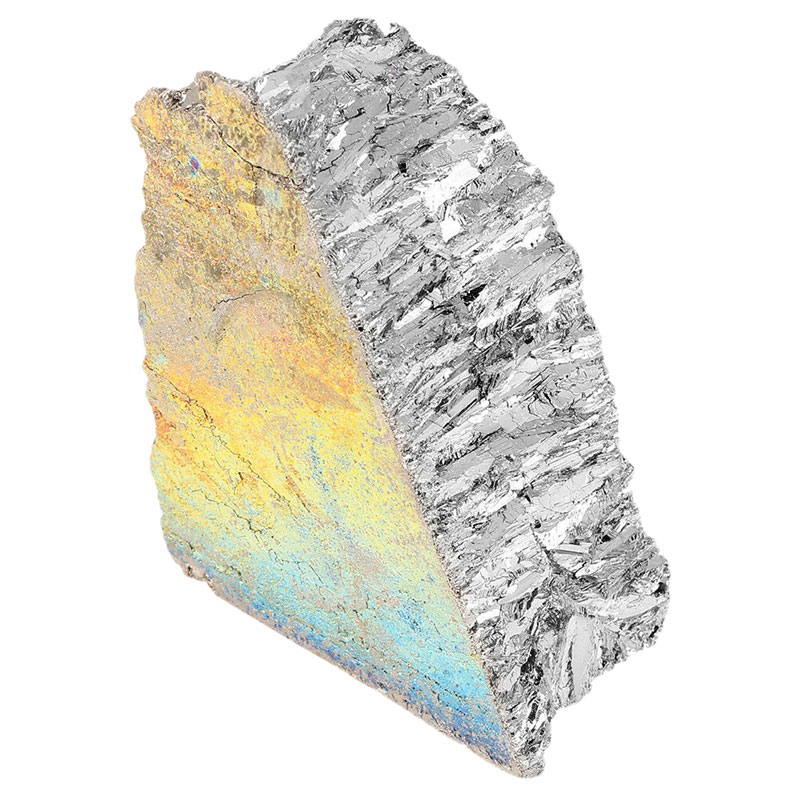
Bismuth Stone
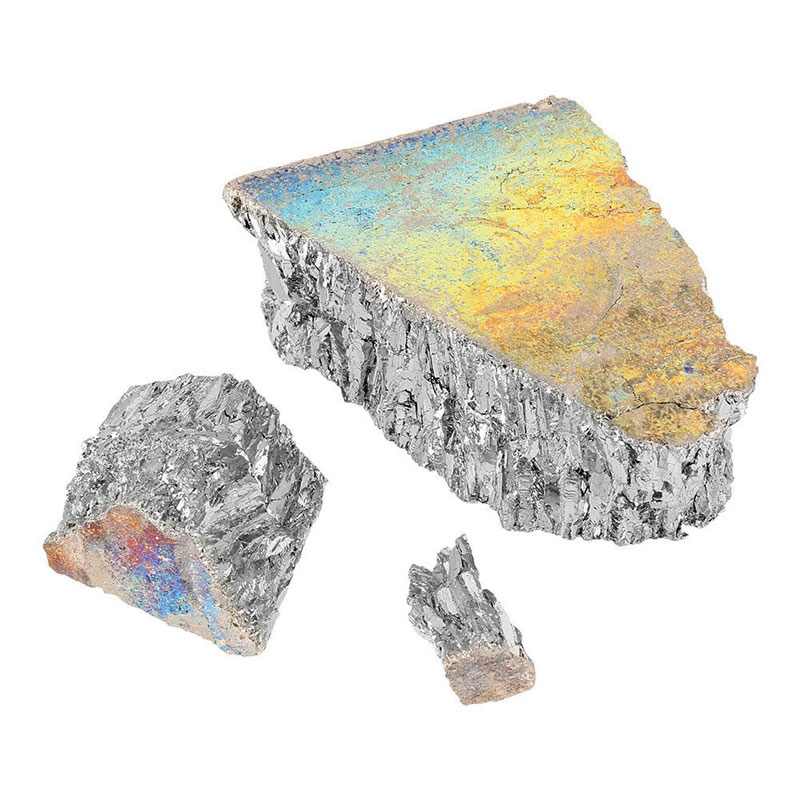
Raw bismuth
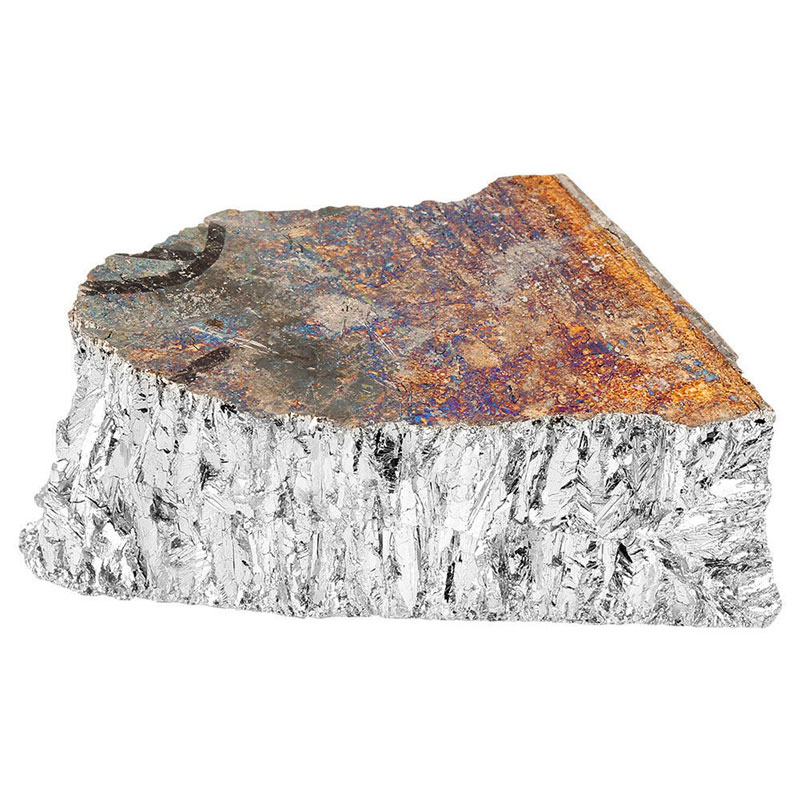
Raw bismuth
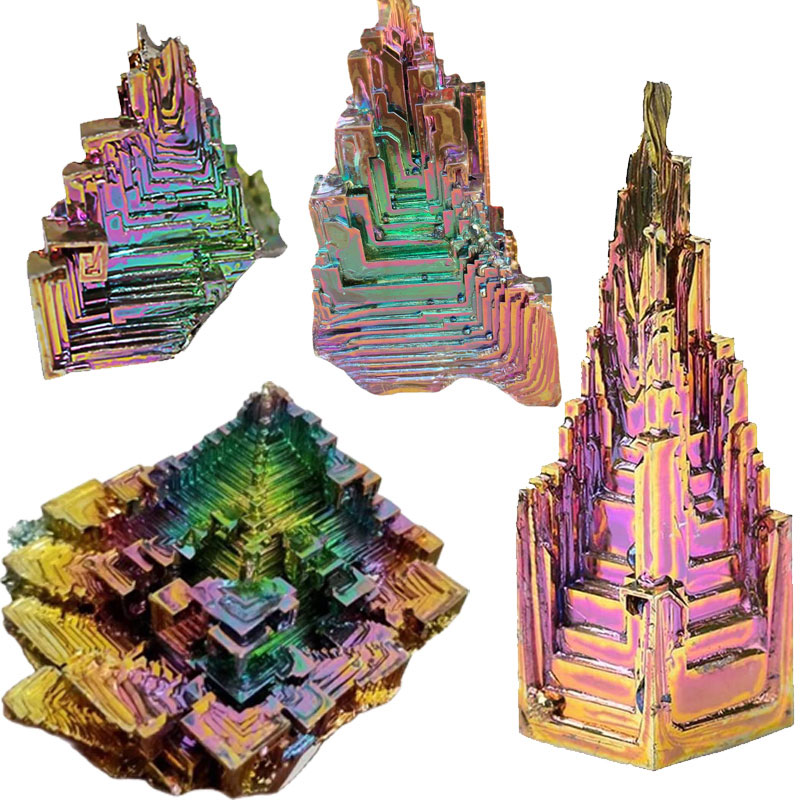
Rough bismuth
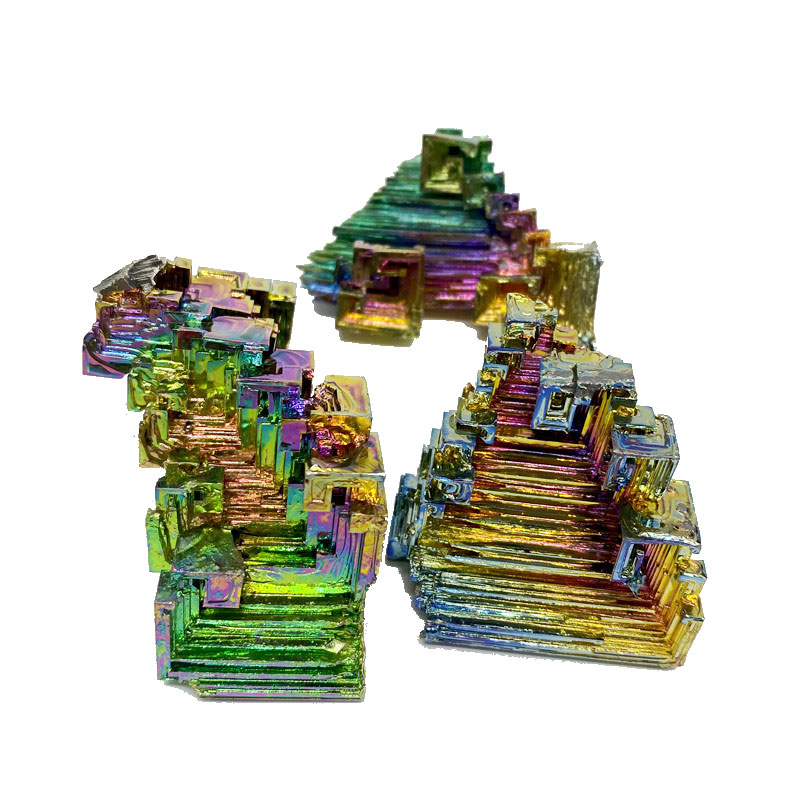
Rough bismuth
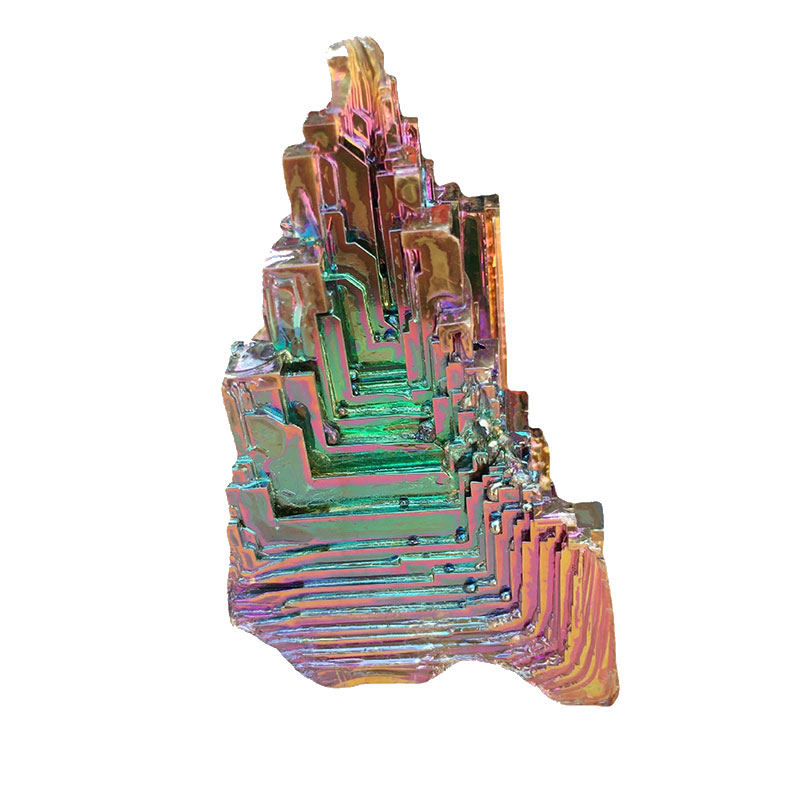
Still not finding what you’re looking for?
Contact us for more crystals.
Your Trusted Wholesale Bismuth Crystal Stone Provider
bismuth crystals and stones wholesale, rough raw bismuth, polished bismuth, bismuth tower points wands bulk wholesale. bismuth chips.
Raw Bismuth
Bismuth jewelry
Bismuth Ornament
Supply Wholesale Bismuth Crystal With Affordable price

Bismuth Bulk

Bismuth Wholesale
Browse our product categories
Wholesale Bismuth Crystal Guide:
What is Bismuth?
Bismuth has very low thermal conductivity and lacks flexibility. Bismuthite is the most important ore mineral of bismuth, and most of them coexist with silver, copper, lead and other ores in hydrothermal deposits as by-products.
The melting point is as low as about 270°C and is used in fuse devices as a low melting point alloy. In addition, it has the strongest diamagnetism among all elements, so it is also used in the electronics industry.
A naturally occurring metallic mineral of bismuth.The ore body is slightly reddish silver-white and will become dark in the air due to oxidation. Bismuth has a larger proportion than lead, and euhedral crystals are very rare. The artificially produced bismuth crystal has a unique shape and a rainbow-like interference color, and it is very popular as a collector’s item.
What Are The Properties Of Natural Bismuth?
Native Bismuth
[Chemical composition]
Bi contains Fe, Pb, Te, S, etc. Forms isomorphism with Sb.
[Crystal structure]
Trigonal crystal system, main powder crystal lines: 3.21 (100), 1.423 (100), 2.28 (90), 2.37 (80), 1.87 (80), 1.645 (80), 1.138 (80). The crystal structure is that there are 6 other Bi atoms adjacent to each Bi atom, 3 of which are close to each other, and the other 3 Bi atoms are farther away.
[Crystal form]
complex trigonal scalenohedral crystals, aggregates are dendritic, flaky, granular, massive, dense or feathery, etc.
[Physical Properties]
Silver-white quickly turns into a characteristic light red in the air. Streaks silvery white. A set of complete cleavage {0001}, cleavage {1011} medium. The hardness is 2~2.5. The relative density is 9.7~9.8, the melting point is 271 ℃, it is brittle, the ductility is poor, and it is conductive and diamagnetic.
[Characteristics under the mineralogy microscope]
The reflection color is rose cream. Reflectance: 67.5 (green light), 62 (orange light), 65 (red light). Double reflection is weak. Strong heterogeneity.
[Simple chemical test]
The blowing flame is very easy to melt, continue to blow and burn to volatilize and form a bismuth oxide film on the charcoal. The film turns orange when heated and lemon yellow after cooling.
The solution obtained by dissolving the ore in nitric acid was placed on a glass plate, and a small amount of solid potassium iodide was added to turn it into bright yellow and gradually turned black;
then, a small amount of bright chloride was added to form a dark brick red hexagonal crystal around the bright chloride.
[Origin]
It is mainly produced in high-temperature hydrothermal calcium-tin deposits but also in pegmatite granites, symbiotic with cassiterite, molybdenite, bismuthite, wolframite, etc., and formed in a sulfur-deficient environment. There are outputs in hydrothermal gold deposits, and bismuth is formed by oxidation on the surface.
[Uses]
The main use of bismuth is to prepare fusible alloys in the form of metals and medicines in the form of compounds. It is also widely used in semiconductors, superconductors, flame retardants, pigments, cosmetics, chemical reagents, electronic ceramics and other fields.
